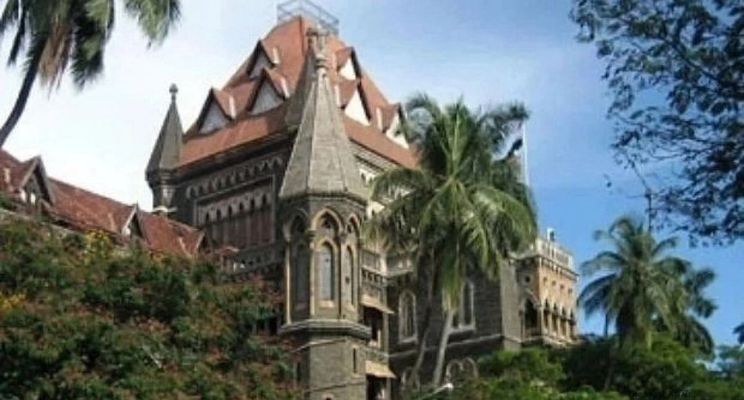Factual Matrix
In the case of Joan Mascarenhas E D’Souza v. State of Goa was debating a petition submitted by a woman that contested the District Magistrate’s (DM) issuance of a Section 144 order. The DM’s ruling barred the couple from carrying on with their religious practises on their land since, according to the authorities, doing so would exacerbate racial hostility.
Argument Advance
According to the defendant, the police had made accusations against the petitioner and her spouse of coercively converting non-Christians to Christianity.
Analysis of Court decision
Invoking Section 144 of the Code of Criminal Procedure (CrPC) against people engaging in religious activity on their property would violate their fundamental right to practise, profess and propagate religion, according to the Bombay High Court divisional bench of Justices Mahesh Sonak and Valmiki SA Menezes. A Christian couple accused of conducting religious conversion efforts on their Siolim farmhouse received relief from the court.
The Court emphasised that Articles 25 and 26 ensure that everyone has the same right to religious freedom and the freedom to profess, practise, and spread their faith. The court stated that the duty placed on the State and the Executive to ensure that everyone should be able to freely practise, preach, or profess his beliefs is proportionally cast by the privilege conferred upon a citizen to profess and promote religion. In accordance with Article 19(1) of the Indian Constitution, the State has a responsibility to provide its inhabitants with the best protection available. Every person has the fundamental right to establish an organisation, buy property for their use, and practise and spread their faith.
The Bench noted that there was no accusation that the couple pushed or forced individuals to change to Christianity or any other faith based on the information in the record. In any case, if such an allegation had been made in a complaint to the police, other penal laws could be used to address such complaints against the petitioner, and that by itself could not be a reason for the District Magistrate to exercise jurisdiction under Section 144, the order stated. The judgment that the petitioner and her husband are engaging in religious activities that have heightened intergroup tensions in the village or that they are converting people to another religion through coercion or deception appears to be complete without foundation, the Court stated. The Court said, “More so when it is within their private property, the petitioner and her husband are within their rights to propagate their religion and to profess it in any manner that they please within the bounds of the law.”
The court determined that the government’s assertion of its authority under Section 144 and its order prohibiting the petitioner and Dominic from engaging in any religious activity on their property violates their fundamental rights as guaranteed by Article 19(1), Articles 25 and 26, and seeks to revoke their right to freedom of expression, conscience, and to openly profess, practise, and propagate their religious beliefs. The Bench invalidated the Section 144 order in light of these observations.

